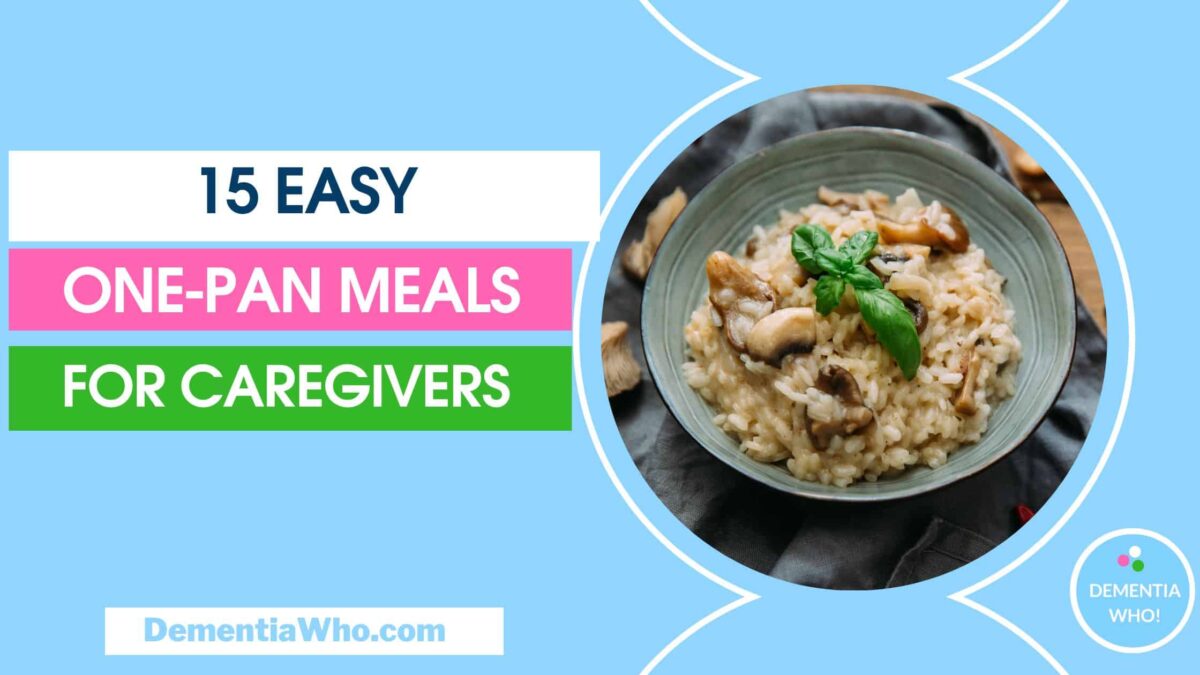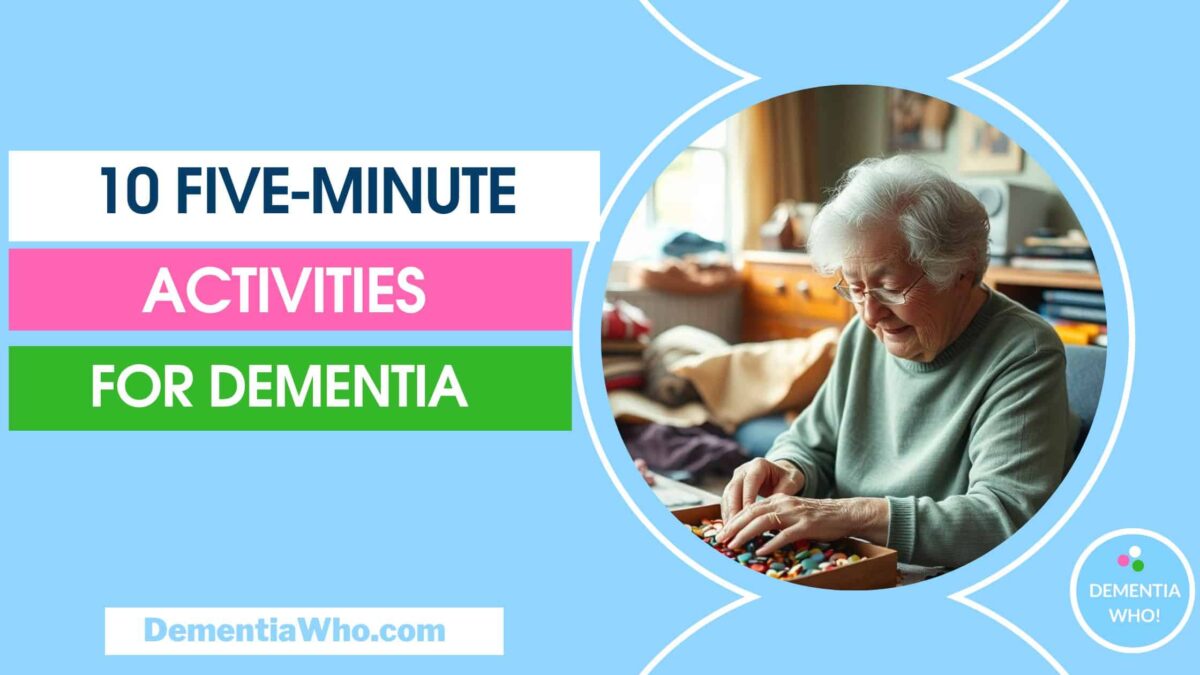We’ve all heard advice like “practice self-care” or “be grateful” when caregiving gets tough, but let’s be honest—it makes me feel a little jaded, especially when I’m right in the middle of it all. Some days, you’re feeling overwhelmed, stressed, or maybe even a little hopeless, and finding that spark of caregiver positivity seems impossible.
So how do we stay positive when we really need that extra boost to keep going? Because, let’s face it, we do keep going—sometimes at the expense of our own well-being. That’s why I wanted to share 7 caregiver positivity tips on how to lift your mood and boost your outlook, whether you need it in the moment or as part of your daily routine. No.3 is my favourite!

These tips aren’t magic solutions, but they might help you find little pockets of joy and strength to carry you through your day.
1. A Personal “Pick-Me-Up” Soundtrack
Just like runners or gym-goers have playlists to keep them motivated, you can create a “pick-me-up” soundtrack to lift your spirits. Choose songs that make you happy, that inspire you, calm you down, or give you strength when you need it most. Music is a really powerful tool that can help transform your mood, so play it when you need a mental shift. Take a moment in the kitchen, sing at the top of lungs in the garden, dance like nobody’s watching to your favourite songs!
Here are some ideas:
- “Eye of the Tiger” for tackling tough tasks.
- “Don’t Stop Me Now” by Queen when you need an energy boost.
- Calming pieces like “Clair de Lune” or “Mahler: Symphony No. 5” for quiet moments.
Some of my personal favourites include Oasis’ “Wonderwall” and “Don’t Look Back in Anger,” Fleetwood Mac’s “Everywhere,” Linkin Park and Jay-Z’s “Numb/Encore,” and Bob Marley’s “Sun is Shining.” Of course, you can pick anything that gets you singing out loud or shifts your mood in a positive direction. Find your own go-to songs and play them whenever you need a mood lift!
2. Try Purposeful Silliness
When was the last time you truly let yourself be silly? Injecting a little playfulness into your routine can lift your mood and bring laughter—something we often forget when caregiving feels serious and overwhelming.
Here are a few ways to add silliness:
- Blow bubbles or play balloon badminton.
- Have a spontaneous dance party with ridiculous moves.
- Put on a pretend fashion show with silly walks or funny outfits.
- Use different accents or voices while reading aloud.
- Try games like throwing coloured bean bags into cups or try spinning plastic plates, it hard let me tell you!
It doesn’t have to be anything elaborate—just something fun that brings joy and a much-needed giggle for you and possibly your loved ones, making everything feel a little brighter.
3. Be Your Own Superhero
When caregiving feels especially tough, it might help to channel your inner Captain America or Wonder Woman when facing challenges.
I like to do the Superhero pose just before something difficult, it changes my perspective. Bear with me on this one, in one episode of Grey’s Anatomy one of the main characters, Amelia talks about a scientific study that shows adopting a strong pose before a difficult task results in better performance.
Yes, it may sound silly, but the research is real and it does show that striking a power pose for a few minutes before a difficult task can actually boost your confidence and performance. It might feel awkward at first, but you may be surprised at how it can change your mindset! It does make you feel powerful! Go on, try it!
Here’s the episode with Amelia, in Grey’s Anatomy in case you’ve never seen it!
4. Surround Yourself with Positive Influences
You don’t need to join a support group to find positivity (unless you want to!). Being around uplifting people can lift your spirits when you’re a caregiver. Friends, family, or even online communities can help shift your perspective and provide emotional support. But it doesn’t always have to be caregiver-related! Sometimes, the best positivity comes from connecting with people who share your hobbies or passions, or by consuming content that inspires you.
- Join a non-caregiving community: Whether it’s a virtual book club, a crafting group, or a fitness class, find spaces where the energy is light and fun.
- Seek out uplifting content: Listen to inspiring podcasts, watch documentaries about overcoming adversity, or read motivational books.
Remember, it’s okay to distance yourself from negative influences. It’s important to protect your emotional wellness by surrounding yourself with people and influences that build you up.
5. Try Something New
Confidence plays a key role in maintaining positivity, but caregiving can often make us feel less capable or confident. Trying something new, no matter how small, can reignite that sense of accomplishment and help rebuild your self-confidence. It’s easy to lose ourselves in caregiving, so stepping out of your comfort zone can remind you of your own strength and capability. Start small, here are a few ideas:
– Learn a few words in a new language.
– Try a new hobby for 10 mins a day.e.g learn a new instrument, learn to draw/paint, creative writing etc
– Take on small mental challenges, like daily puzzles or brain games, to boost your confidence in small, manageable steps.
– Try a new physical activity like running, yoga etc
– Take part in studies or call outs for caregivers experience, sharing your knowledge in these circles that can appreciate your wisdom can boost your confidence & improve positivity. It can be scary at first speaking publicly at virtual/onsite meetings but it’s helpful to come out of your comfort zone.
Building confidence, even in small ways, helps improve your overall outlook, self belief and boosts caregiver positivity.
6. Use Humor to Lighten the Load
Laughter really is the best medicine, especially when caregiving starts to feel heavy. I’m not talking about laughing at our situations or loved ones. I’m talking about finding those little moments of absurdity in everyday life and having a good chuckle over them. Plus, laughter is contagious—sharing a joke or a funny moment with the person you’re caring for can lift both your spirits.
Here are some ideas to bring more humour into your caregiving day:
- Watch a funny TV show or movie: Whether it’s classic sitcoms or stand-up comedy, a few minutes of laughter can change your entire mood. I’ve just watched Matt Rife, he might not be everybody’s cup of tea, but he made me laugh
- Find humour in the small things: Instead of stressing, laugh at, the number of times I’ve lost my keys recently, given mum a doughnut that I’ve heated up and forgotten to cut it, so when she bites into jam pours out all over her, mum loves it but it used to drive me nuts, now we laugh and use our fingers to scoop into her mouth or watching the cats going nuts every morning as they knock over everything zoom around the house, don’t stress, we just laugh now.
- Share a silly meme or joke: Keep a collection of funny images or memes on your phone for a quick laugh during a tough moment.
- Use phone filters – I love these, changing your appearance using phone filters always had us in giggles, obviously if you’re a dementia caregiver like me you need to be more cautious in using this especially in later stages of dementia.
7. Write a “Future Memory” Journal
Here’s a twist on traditional journaling – write about today’s experiences as if you’re looking back on them from the future. It’s a great way to reframe challenges into meaningful moments. Writing from the future can make you be more forgiving of yourself and help you see the meaningful aspects of even the hardest days.
For example:
“I remember those afternoons sitting with & trying to engage Mum. Though challenging at the time, I now treasure those quiet, intimate moments.”
“I loved attending art classes with Dad. We still have the paintings today, and I’m grateful for those shared experiences.”
Writing this way kinda forces you to write in a more positive way, and just by doing that you’re reframing it in your own mind, and starting to reprogram your brain into seeing the positive aspects of what you do, and that slowly, hopefully will lead to more caregiver positivity.
Conclusion
That’s it, I hope they give you some ideas to try. It’s not anything new or rocket science, it’s just trying to do things a little differently so you feel better in yourself. Remember, staying positive isn’t about ignoring challenges – it’s about finding ways to navigate them with a bit more lightness and strength. These strategies aren’t magic solutions, but they’re tools you can use to find moments of joy in your caregiving journey.
Caregiver positivity isn’t just a feel-good concept – it has real impacts on your mental and physical health. Studies show that optimistic people cope better with life’s challenges. So go ahead, give these ideas a try and share what your secrets are for remaining positive! Thanks for reading.




















